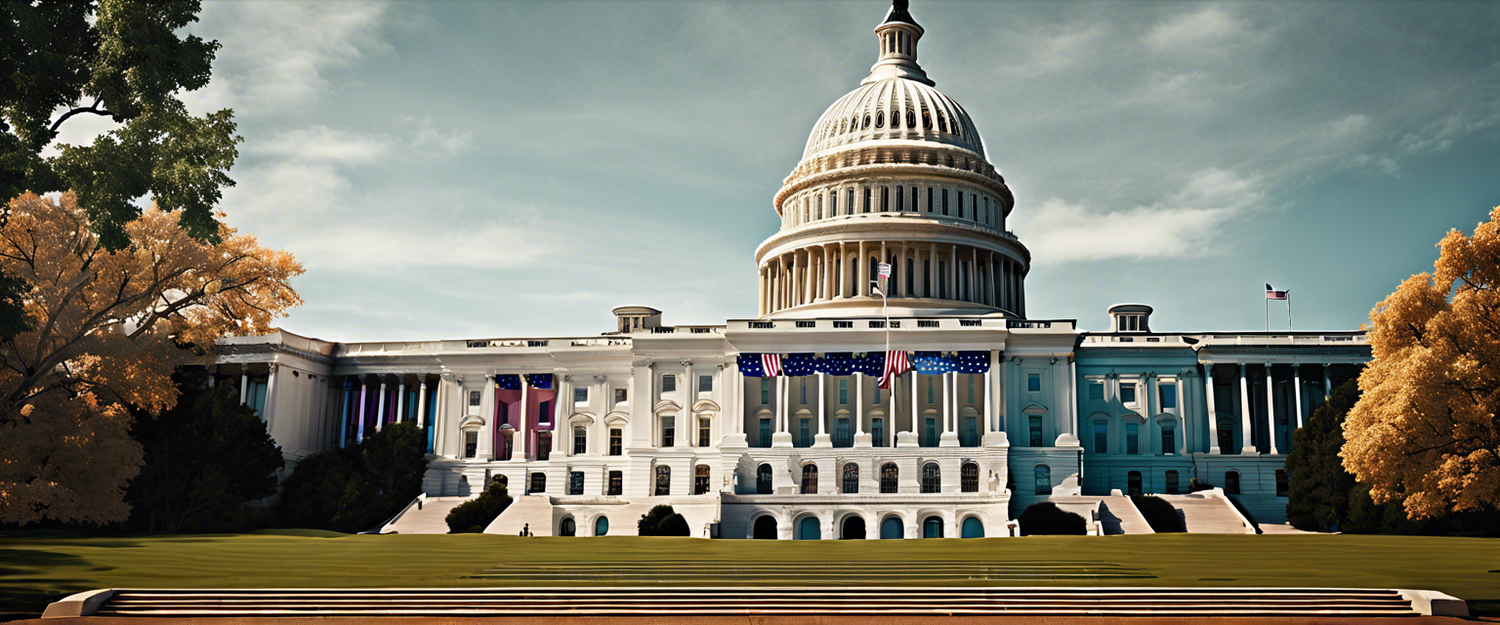Congress's Upcoming Spending Bill: A Deep Dive
As Congress gears up to pass a substantial "lame-duck" spending bill, discussions around fiscal policies and political maneuvers are intensifying. The proposed legislation is designed to enhance government spending while limiting the influence of President Trump until September 30, 2025.
The Objective of the Spending Bill
This bill seeks to diminish the Department of Government Efficiency's (DOGE) ability to influence national spending over the next ten months. Lawmakers face pressure to finalize this critical bill by December 20, as the current proposal indicates that funding should only extend until the end of January. By adopting this strategy, Congress aims to allow President Trump a more significant role in decision-making for the upcoming year, but at a cost to the executive's budgetary powers.
Reactions from Key Figures
In the wake of these developments, prominent figures like Elon Musk have expressed concerns about the implications of such legislation. Musk's remark, "That’s really bad," encapsulates the apprehension surrounding the potential fallout from this spending bill.
Debate Among Lawmakers
The proposed spending bill has ignited considerable debate among lawmakers. Proponents argue that it is essential for maintaining smooth government operations, while opponents fear it may compromise the authority of the executive branch. This division raises important questions about the balance of power in federal budgetary decisions.
The Broader Implications of the Bill
The implications of this bill reach far beyond immediate fiscal concerns. It stands to influence the political landscape leading up to the 2025 fiscal year. By curtailing the executive branch's spending power, Congress is positioning itself to exert greater control over budget decisions, which could reshape the dynamics between the legislative and executive branches.
Political Stakes in Play
As Congress races to meet its deadline, the political stakes are high. Both parties are well aware of how the emerging spending bill could impact their legislative agendas and the looming election cycle. With fiscal responsibility clashing with political strategy, the outcome of this bill could have lasting ramifications.
Conclusion
The proposed spending bill signifies not just an attempt at maintaining governmental functionality but also a pivotal moment in the ongoing struggle for control over federal budgeting. The debates and decisions made in the coming weeks will undoubtedly shape the trajectory of governance and political relationships in the years ahead.



Leave a comment
All comments are moderated before being published.
Trang web này được bảo vệ bằng hCaptcha. Ngoài ra, cũng áp dụng Chính sách quyền riêng tư và Điều khoản dịch vụ của hCaptcha.